Russia’s new nuclear-powered missile


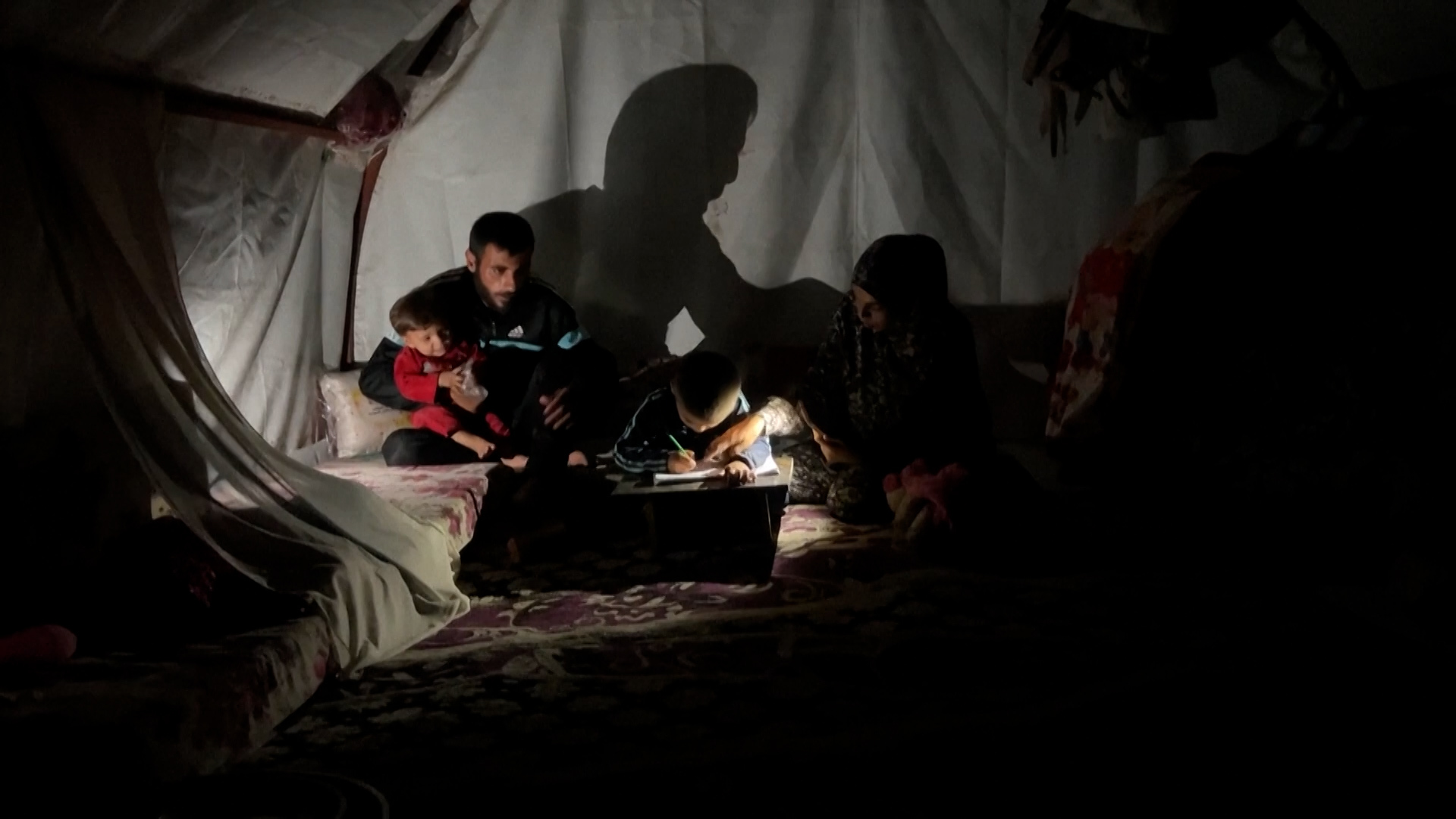
Thousands of families in Gaza are plunged into darkness every evening as they can’t access electricity. The lack of power means children can’t study and keeping tents and shelters warm is a daily challenge. The damage to Gaza’s power grid runs to more than 700 million dollars.
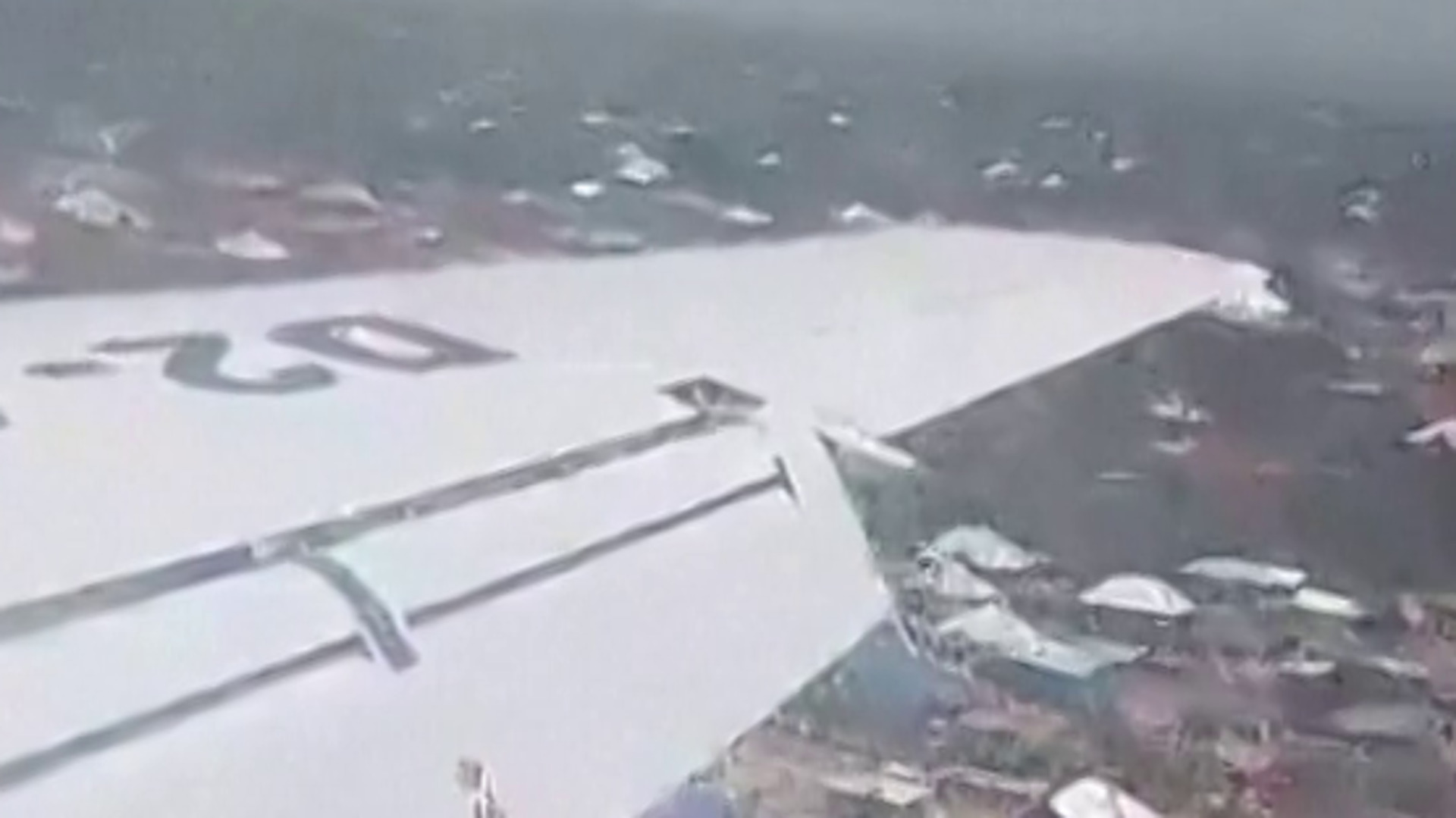
Dramatic video filmed on a plane carrying DR Congo’s mining minister captured the moment it crashed on landing at an airport in Kolwezi in the southeast. No casualties have been reported. The minister was travelling to the site of a recent mining disaster.
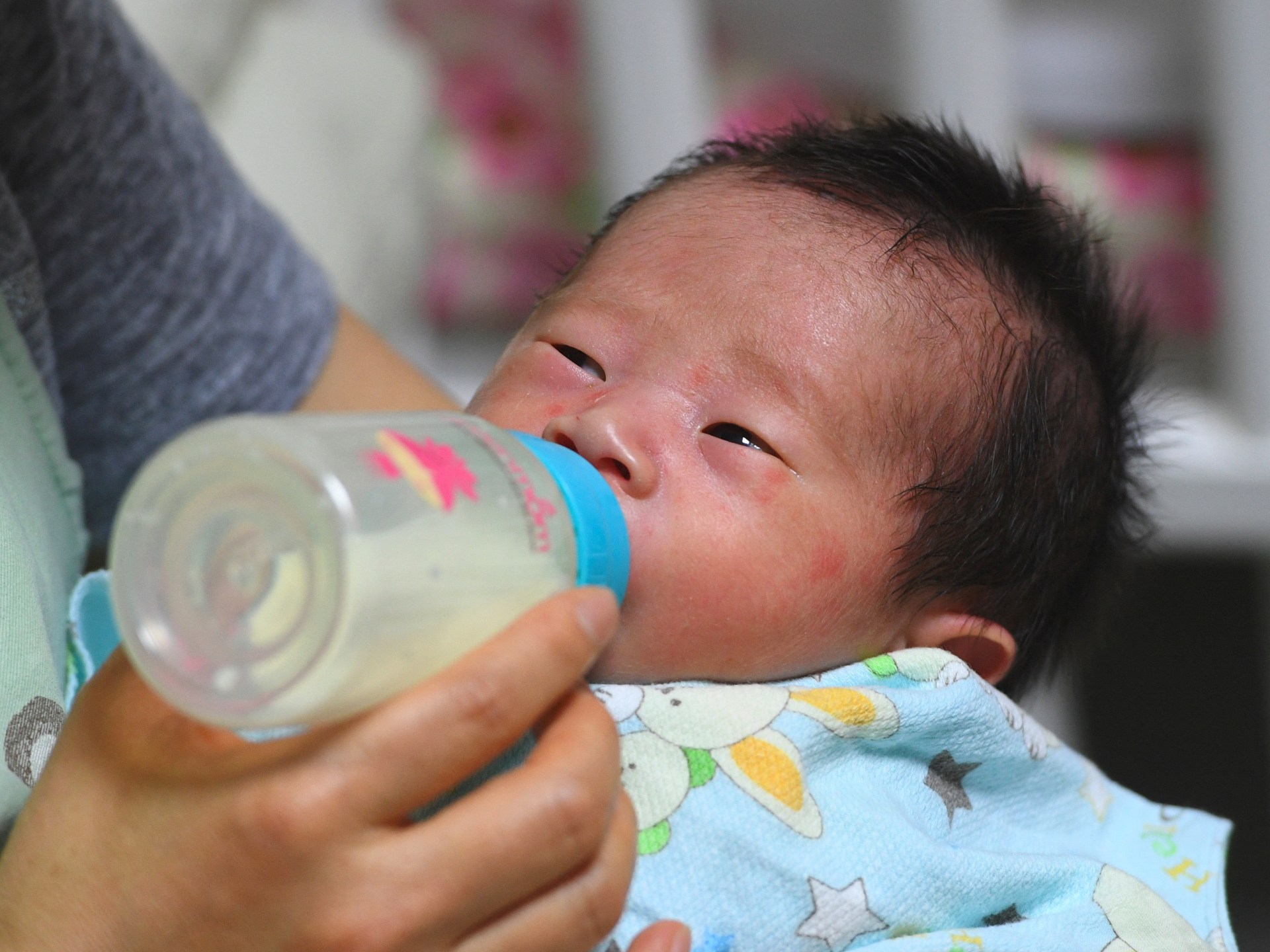
Published On 18 Nov 2025
After cutting sugar from products sold in European markets, Swiss food tycoon Nestle has started adding it to baby food to boost sales in Africa, Asia, and Latin America, according to a report from an NGO.
The report, titled How Nestle gets children sucked into sugar in lower-income nations, was released on Tuesday by Swiss-based “global justice organization” Public Eye, accuses the company of “putting the health of babies in risk for profit.”
list of 3 itemsend of list
According to the report, added sugar was discovered in 93 percent of Nestle babyfood products sold in African, Asian, and Latin American nations, in accordance with the findings of an investigation conducted by Public Eye and the International Baby Food Action Network (IBFAN).
According to the study, the amount of sugar added varied widely across markets.
In Thailand, baby cereal sold under the name Cerelac contained six grams of sugar, or 1.5 sugar cubes per serving.
Babies in Pakistan consume Cerelac with a sugar content of 2.7%, compared to Ethiopia, where it has 5.2%.
Cerelac is not added sugar in Switzerland and other key European markets like Germany and the UK.
The World Health Organization advises that “no added sugars or sweetening agents” be included in all foods for children under the age of three because sugar exposure early in life can lead to a lifelong preference for sugary products, increasing the risk of obesity and other chronic illnesses.
According to Public Eye, Nestle controls 20% of the global babyfood market, which generates annual sales of nearly $70 billion, and aggressively promotes its products in Africa, Asia, and Latin America.
However, it warns that the investigation “tells a different story””.
The report states that Public Eye and IBFAN “demand that Nestlé put an end to this injustifiable and harmful double standard, which contributes to the explosive rise in obesity and causes children to have a lifelong preference for sugary products.”
The investigation was deemed “misleading” by a Nestle spokesperson, which has refuted previous allegations of “double standards” regarding the nutrition of its babyfood products in various regions of the world.
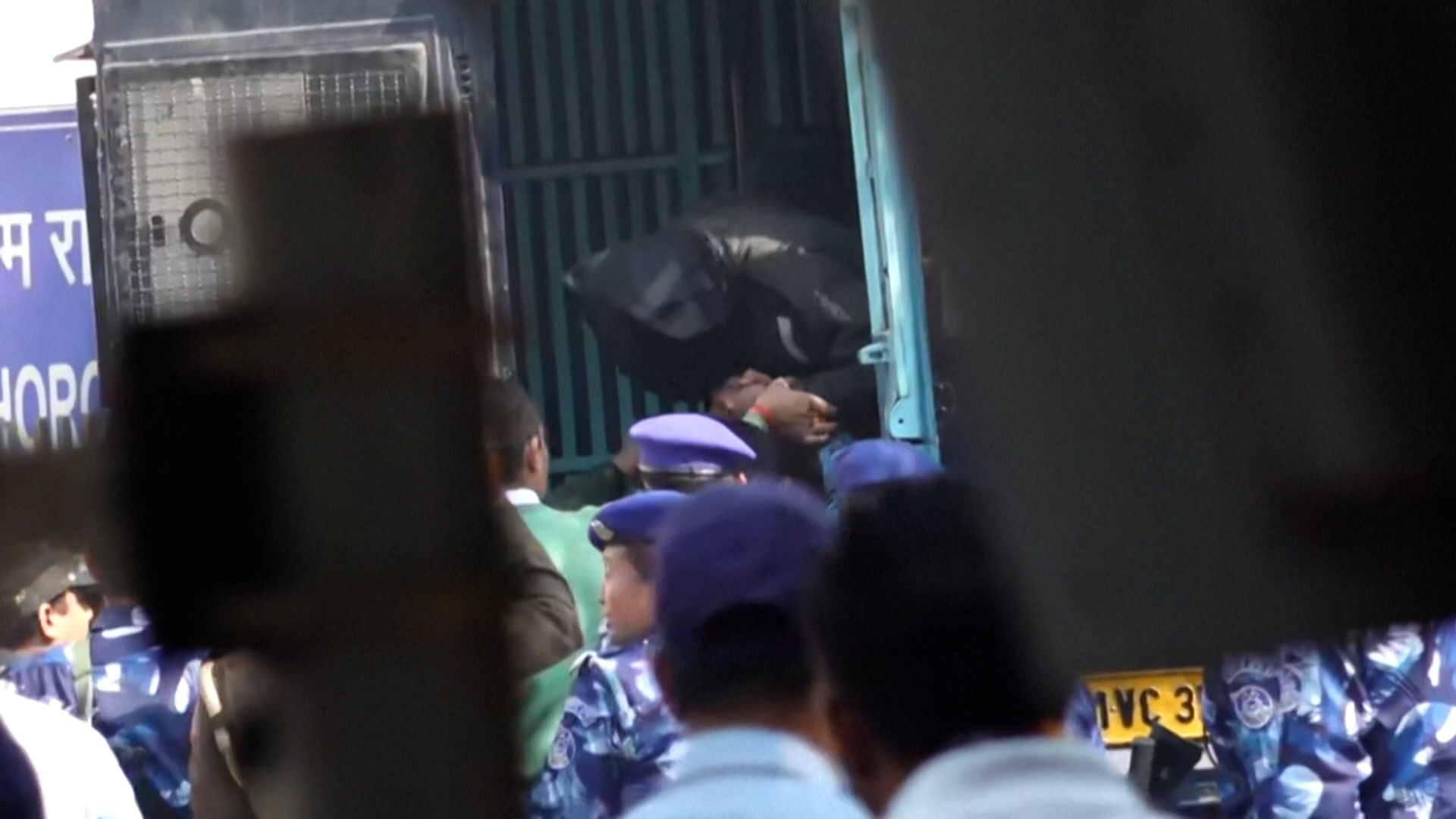
A suspect who was allegedly linked to a deadly car bomb in New Delhi, India, was seen entering court. One of the three men alleged to have been involved in the attack is the suspect.
Published On 18 Nov 2025
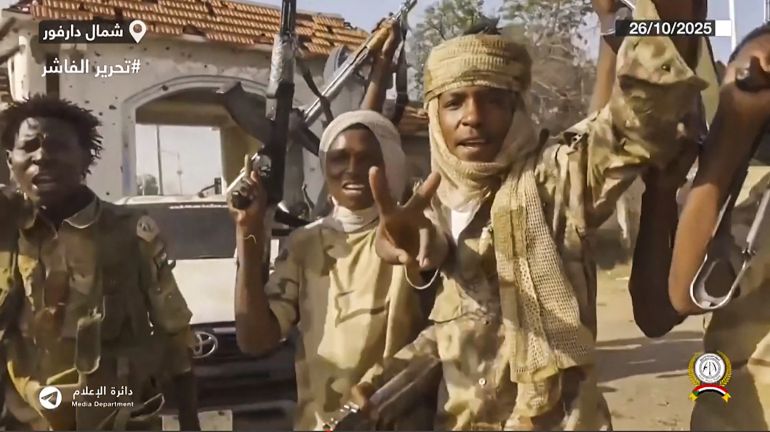
Published On 18 Nov 2025
A Sudanese militia leader who was found guilty of crimes against humanity during the country’s previous civil war more than 20 years ago has been sentenced to life in prison.
Ali Muhammad Ali Abd-Al-Rahman (also known as Ali Kushayb), whose sentencing hearing was set for Tuesday, the International Criminal Court (ICC) heard.
list of 3 itemsend of list
The prosecutor’s request was made the day before for the “enthusiastic, energetic, and effective perpetrator of abuses carried out in the western Darfur region.”
According to the prosecution, Abd-Al-Rahman used an axe to kill two people among his crimes.
As Abd-Al-Rahman watched, Nicholls remarked to the judges in The Hague, “You literally have an axe murderer before you.” Only a life sentence will serve the purpose of retribution and deterrence, according to the statement.
The defense attorneys for Abd-Al-Rahman will make their case public on Tuesday and Wednesday during hearings on the request for a seven-year jail term.
Abd-Al-Rahman was found guilty last month of leading the government-backed Janjaweed militia forces in the Darfur region of western Sudan on a killing and destruction campaign between 2003 and 2004 and serving in a total of 27 counts, including mass murders and rapes.
Darfur, a region that is once again witnessing widespread atrocities amid a protracted civil war, was the first instance in which the ICC had found a suspect guilty of crimes.
Abd-Al-Rahman has consistently denied being a senior member of the Sudanese government’s Janjaweed militia, a largely Arab paramilitary force that abducts primarily Black African tribes in Darfur.
Since the start of his trial in April 2022, he has argued that the court has chosen the wrong man, which the judges have refuted.
Abd-Al-Rahman fled to the Central African Republic in February 2020 when a new Sudanese government announced its willingness to assist with the ICC’s investigation.
He claimed he then confessed to being “desperate” and afraid the authorities would murder him.
Non-Arab tribes in Sudan’s Darfur region fought back against the Arab-dominated government after they complained of systematic discrimination.
The Janjaweed, a force derived from one of the region’s nomadic tribes, were used in Khartoum’s response by unleashing it.
According to the UN, the Darfur conflict in the 2000s caused 300,000 deaths and 2.5 million displaced people.
In response to Sudan’s current crisis, ICC prosecutors are hopeful that more arrest warrants will be issued.
The conflict between the government-linked Sudanese army and the paramilitary Rapid Support Forces (RSF), which has its roots in the Janjaweed militia, has resulted in tens of thousands of casualties and millions of displacement.
According to the African Union, the conflict has become the “worst humanitarian crisis in the world” due to allegations of atrocities on all sides.